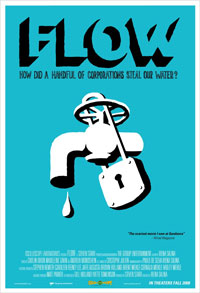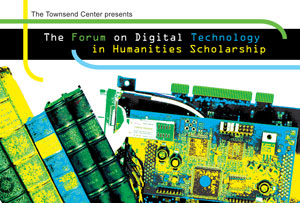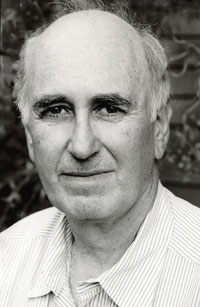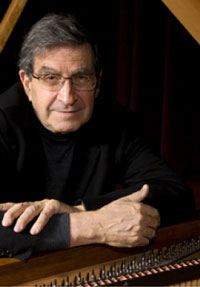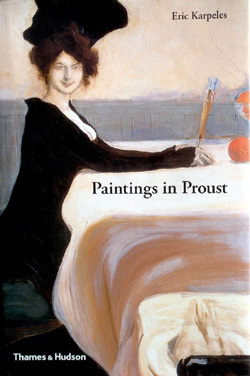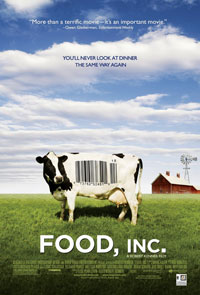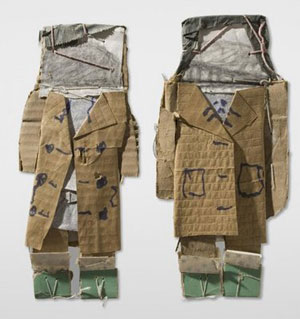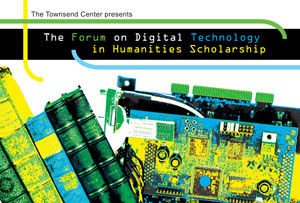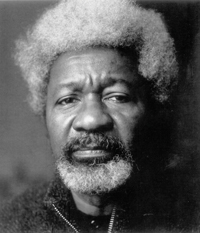Although it covers most of the globe and makes up the majority of our bodies, we take few things for granted like the water that flows from the tap. Combining expert interviews with firsthand footage from regions as diverse as the deserts of South Africa and the suburbs of Minnesota, Director Irena Selina aims to change this lack of appreciation with her engaging exploration of our most vital resource. From global battles against the privatization of drinking water to local skirmishes over access to water rights, Flow outlines a developing problem we can scarcely afford to ignore.
Catherine Mitchell, California Digital Library
Picking up where the series left off in the fall, the Forum on Digital Technology in Humanities Scholarship considers how web technologies are changing humanities research, teaching, and collaboration. Each one-hour, brown-bag lunch forum focuses on an aspect of the "digital humanities" by featuring a short talk by a specialist, followed by a round-table discussion of issues with the audience.
Considered one of the foremost American essayists and a central figure in the recent revival of interest in memoir writing, Phillip Lopate is known for his subtle and surprising essays. As both a writer and editor, Lopate has contributed significantly to discourse on creative nonfiction.
Malcolm Bilson, Emeritus Professor of Music at Cornell University, is a renowned American pianist and scholar specializing fortepiano, the 18th century version of the piano. He will be performing on the Music Department's Regier fortepiano.
Eric Karpeles, Author
Eric Karpeles is a painter and the author of Paintings in Proust, an illustrated guide to Marcel Proust's À la recherche du temps perdu. In his lecture, Karpeles will discuss a number of the paintings mentioned in Proust's masterpiece.
Continuing the investigative reporting of Eric Schlosser’s Fast Food Nation and Michael Pollan’s The Omnivore’s Dilemma, director Robert Kenner’s Food, Inc. takes us on a journey from field to factory to plate, exhaustively exploring the complexity behind the everyday items we select in the supermarket. Building the film from individual portraits of the people involved, Kenner personalizes an issue that has seemingly become synonymous with names like Monsanto, Tyson and Perdue.
Robert Storr, Curator
James Castle (1899–1977) created, without formal training, a remarkable and vast body of work over the course of his life in rural Idaho. Born profoundly deaf, Castle never learned to read, write, speak, sign, or lip-read, perhaps by choice. He lived within the circle of his immediate family, making artworks based on the scenes, surroundings, and imaginings of his daily life. In this major illustrated lecture, Robert Storr will consider multiple dimensions of Castle’s artistic production.
Pam Samuelson, Law and School of Information, UC Berkeley
Picking up where the series left off in the fall, the Forum on Digital Technology in Humanities Scholarship considers how web technologies are changing humanities research, teaching, and collaboration. Each one-hour, brown-bag lunch forum focuses on an aspect of the "digital humanities" by featuring a short talk by a specialist, followed by a round-table discussion of issues with the audience.
Panel Discussants: Wole Soyinka, Catherine Cole (Theater, Dance & Performance Studies), Michael Watts (Geography), Donna Jones (English) Moderated by Anthony J. Cascardi (Townsend Center Director)
Writer, playwright and poet, Wole Soyinka was the first African to be awarded the Nobel Prize for Literature in 1986. Soyinka is known as an outspoken critic of many Nigerian military dictators and of political tyrannies worldwide.
